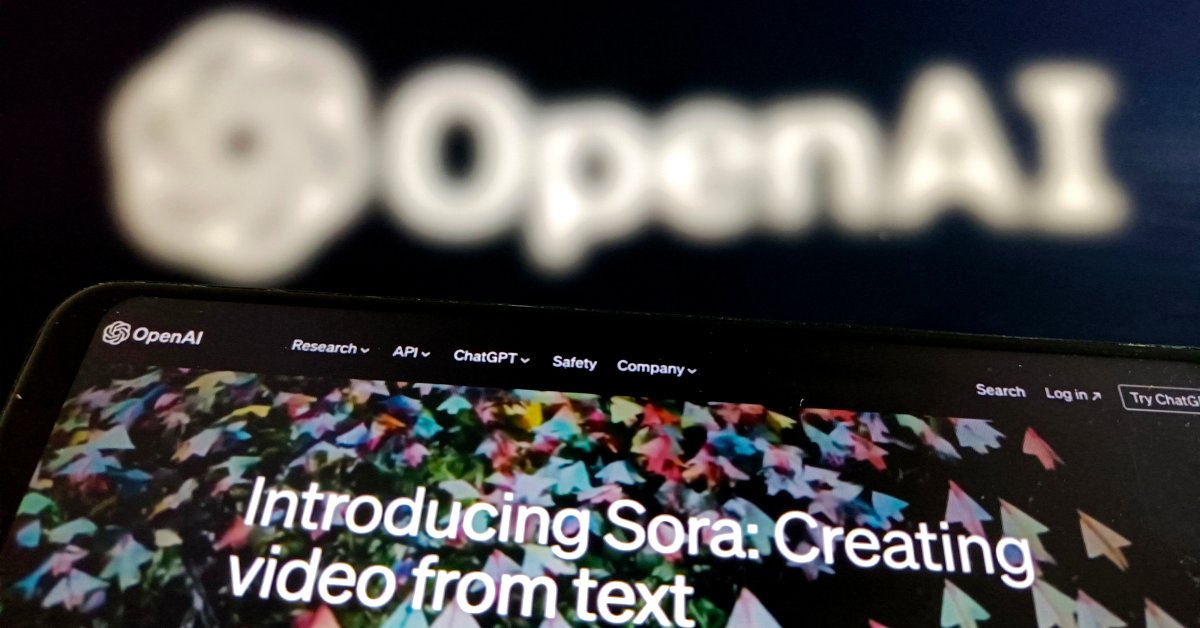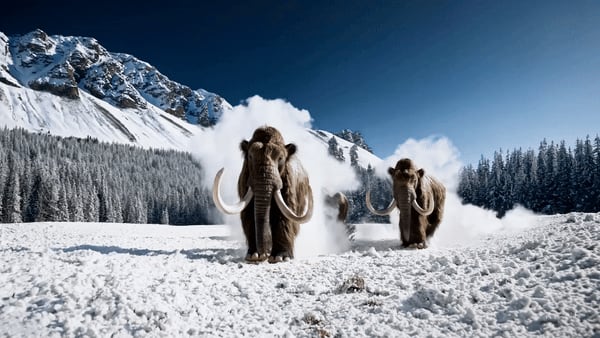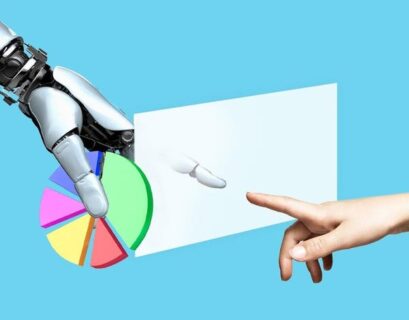Have you ever wondered how two golden retrievers recording a podcast atop a mountain would appear? Or envisioned a bicycle race on the ocean featuring various animals as cyclists?
Witness the latest innovation from OpenAI, Sora, an advanced generative artificial intelligence capable of producing remarkably lifelike videos up to a minute in length based on text prompts. The unveiling of this model was made by OpenAI CEO Sam Altman on X recently.
While Sora is not yet accessible to the general public, OpenAI has selectively provided access to red team members tasked with identifying potential risks associated with the model’s deployment. Additionally, a limited group of “visual artists, designers, and filmmakers” have been granted access to offer feedback on enhancing the model for creative professionals, as outlined in a blog post.
Altman showcased several videos generated by Sora to highlight its capabilities and invited X users to propose prompts for video creation. The responses included requests for scenarios such as an “instructional cooking session for homemade gnocchi led by a grandmother social media influencer in a rustic Tuscan country kitchen with cinematic lighting” and a scene where a “half duck half dragon flies alongside a hamster in adventure gear through a picturesque sunset.” The introduction of Sora has sparked enthusiasm among many X users.
OpenAI, known for the revolutionary ChatGPT chatbot and the popular image-generation AI model Dall-E, has now raised the bar with Sora. Prior to Sora’s debut, Runway, based in Brooklyn, held the lead in text-to-video AI with its Gen-2 model introduced in March 2023. Users have marveled at the quality of Sora’s videos compared to the choppy and eerie outputs of Runway’s model. Runway’s CEO, Cristóbal Valenzuela, responded to OpenAI’s announcement with a competitive “game on” message on X.
The emergence of Sora comes at a pivotal juncture for AI programs, with concerns raised by experts about the potential misuse of AI-generated content to influence elections or spread misinformation globally. The World Economic Forum’s Global Risks Report 2024 identified AI-generated misinformation as the top risk for the year. In response, OpenAI is collaborating with red team members to assess risks associated with Sora and is developing classifiers to detect videos generated by the model, along with plans to embed C2PA metadata for provenance verification if Sora is integrated into a product.
OpenAI adheres to an “iterative deployment” approach, releasing AI models in their early stages to facilitate societal adaptation to evolving technologies. The Sora blog post emphasizes the importance of real-world feedback in enhancing the safety of AI systems over time.
While OpenAI’s technical report does not reveal the specific training data for Sora, this practice aligns with industry trends aimed at addressing concerns of unauthorized data usage. The AI sector has faced legal challenges over data usage, including lawsuits from visual artists and apprehensions within the entertainment industry regarding the potential displacement of human creative roles by AI. OpenAI has encountered controversies, including a copyright infringement lawsuit from the New York Times and criticisms from AI researchers regarding proper attribution of academic work.










